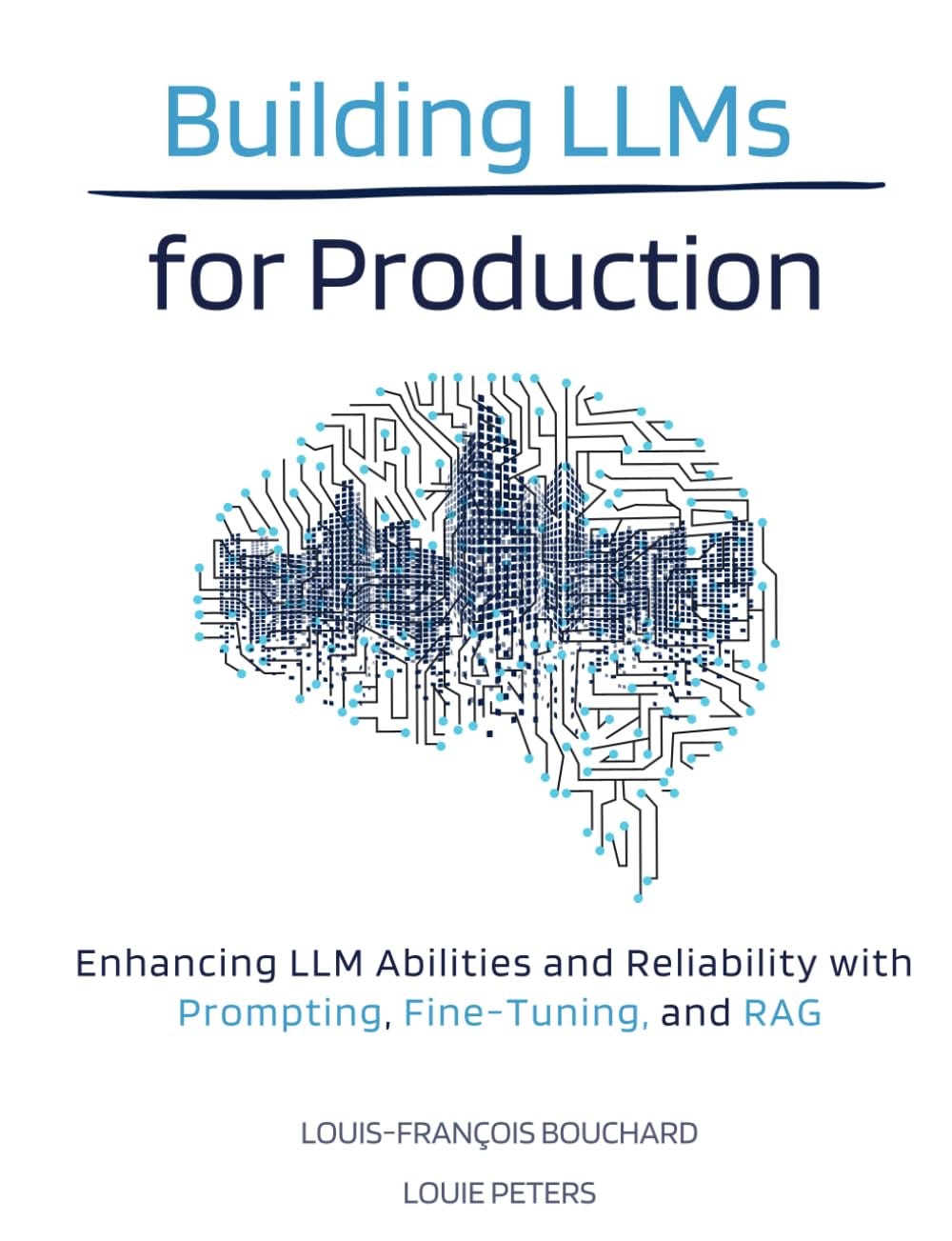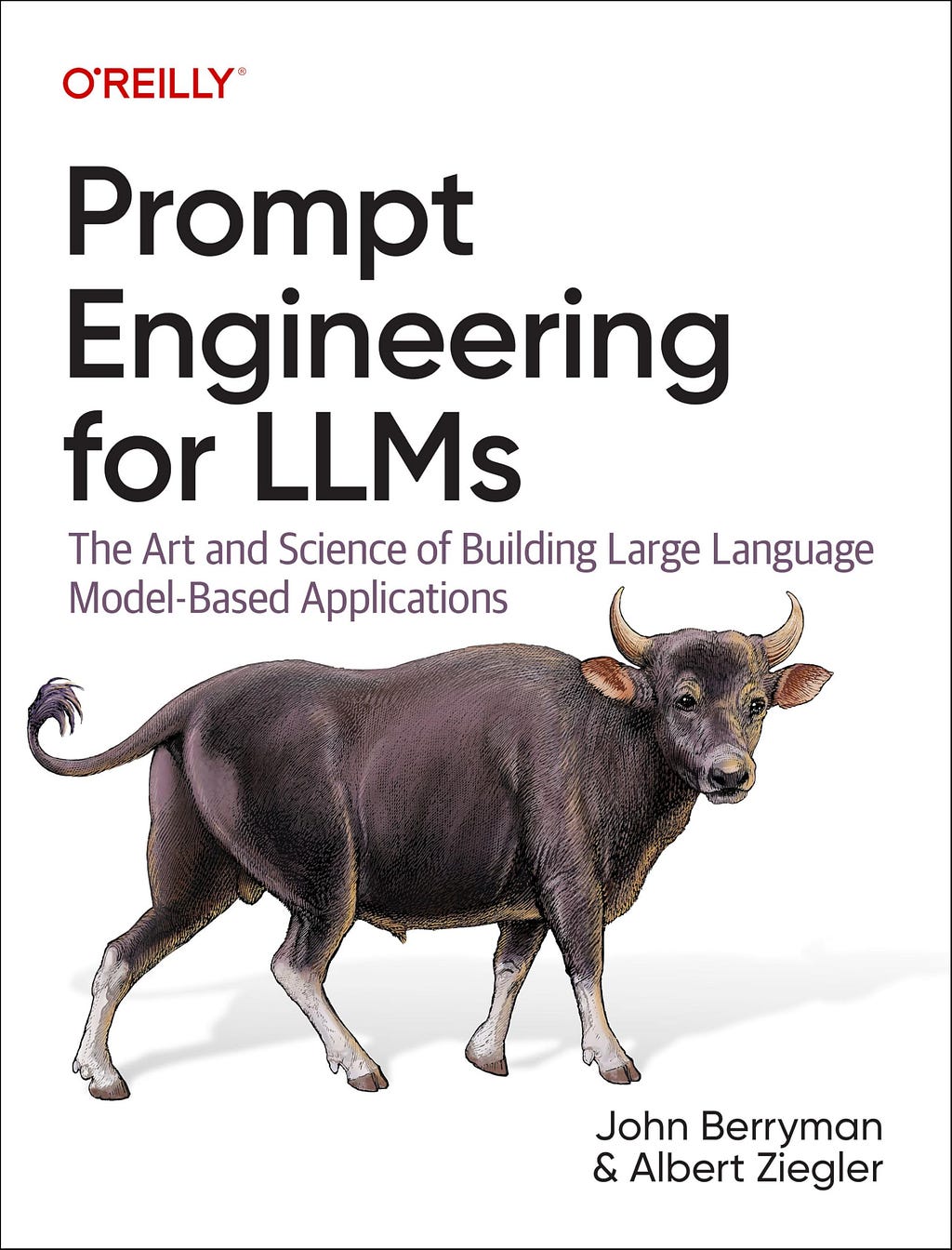10 Books Every Software Engineer Should Read to Become an AI Engineer in 2025
AI Engineers are also Software Engineers and you can read these book to become an AI Engineer in 2025

Hello guys, Artificial Intelligence is no longer a futuristic idea — it’s already reshaping how we write code, build products, and run businesses.
Whether you’re a backend developer, frontend engineer, or DevOps specialist, transitioning into AI engineering could be one of the smartest career moves you make in 2025.
The explosion of Large Language Models (LLMs) like GPT, Claude, and Gemini has created an urgent demand for engineers who can deploy, fine-tune, and build applications around these powerful models.
But becoming an AI Engineer isn’t just about knowing a few Python libraries. It requires understanding LLMs, machine learning systems, data pipelines, production-grade deployments, prompt engineering, and increasingly, agentic AI systems.
The good news? You don’t need to go back to school. The following 10 books are great resource for anyone to go from software engineer to AI engineer in 2025.
These are also the most recommended books on AI, ML, and LLM, and you will find them recommend by Reddit as well as HN and other AI and Machine Learning forums.
By the way, if you prefer online courses then books then I highly recommend you to start with The AI Engineer Course 2025: Complete AI Engineer Bootcamp, one of the most comprehensive resource to become an AI Engineer in 2025.

10 Best Book to become an AI Engineer in 2025
Without any further ado, here are the 10 best books to become an AI Engineer in 2025. These books covers LLMs, AI Engineers, and all other skills you need to transition from Software Engineer to AI Engineer in 2025.
1. AI Engineering by Chip Huyen
This is the definitive book for understanding what it means to engineer AI systems that work in the real world.
Before reading this book, I checked with people who are working as AI Engineer to find out exactly what they do and most of them are responsible for building a multi-agent chat bot using LLMs.
One friend told me that that he don’t do any ML and his previous AI Engineering job involved building LLM agents as well.
This means a good knowledge of LLM is very important for transitioning from Software Engineer to AI Engineer and that’s where this book really shines.
Chip Huyen — Stanford lecturer and founder of Claypot AI — breaks down the end-to-end lifecycle of machine learning systems, from model development to deployment and monitoring.
Key Topics: MLOps, real-time ML, data-centric AI, production challenges.

2. The LLM Engineering Handbook by Paul Iusztin and Maxime Labonne
Do you want to understand the entire LLM stack — embedding models, vector databases, prompt chaining, retrieval augmented generation (RAG)?
This handbook is one of the best guides for developers who want to build, fine-tune, and deploy LLM applications and for for those who love to go deeper and applying more robust models.
I found about this book on Reddit and I must say the authors have done an amazing job in explaining the concepts. I am currently at chapter number 6 and loving the way the content has been structured.
The authors have made it quite practical and hands-on.
Key Topics: LangChain, OpenAI APIs, RAG, fine-tuning, evals, agents.

3. Designing Machine Learning Systems by Chip Huyen
This is another ML book which I found on Reddit.
This book bridges the gap between ML theory and software engineering practice. It walks you through building scalable and maintainable ML pipelines.
It also provide good overview of the several different concepts in this field.
Though, It’s not a code focused book and there’s a negligible amount of code throughout the entire book. But the conceptual content is good and I’d highly recommend it
Its actually a great companion to AI Engineering which teaches you general use of existing models in development.
Key Topics: Data pipelines, model deployment, scalability, software design for ML.

4. Building LLMs for Production by Louis-François Bouchard and Louie Peters
This book is perfect for engineers interested in real-world deployments of LLMs.
It covers everything from choosing the right architecture to scaling LLMs in production using best practices.
Key Topics: Infrastructure, prompt tuning, inference optimization, evaluation.

5. Build a Large Language Model (from Scratch) by Sebastian Raschka, PhD
If you want to dive into the internals of how LLMs like GPT are built — this is your book. Sebastian Raschka demystifies transformers, attention mechanisms, and training pipelines, all with code examples.
Key Topics: Transformer architecture, training, tokenizer implementation, code-first learning.

6. Hands-On Large Language Models: Language Understanding and Generation
This is an ideal book for hands-on learners. It teaches how to implement, fine-tune, and scale LLMs like BERT, GPT, and T5. If you’re aiming to build custom AI features into your applications, this is a must.
Key Topics: Pretrained models, Hugging Face, fine-tuning, deployment, inference.

7. Prompt Engineering for LLMs
Prompt engineering is emerging as a critical skill for building effective LLM-based applications. This book dives into prompt types, chaining techniques, and optimization strategies to get the best results from models like GPT-4.
Key Topics you will learn : Prompt templates, few-shot prompting, instruction tuning, evaluation techniques.

8. Building Agentic AI Systems
Agentic systems are the next evolution of LLM applications — think AI agents that plan, reason, and act. This book provides a deep dive into architectures and use-cases for agent-based systems.
Key Topics: Multi-agent coordination, memory systems, long-term reasoning, open-ended tasks.

9. Prompt Engineering for Generative AI
A broader take on prompt engineering that includes applications in text, image, and code generation.
If you’re working with tools like GPT, DALL·E, Midjourney, or Copilot, this book will show you how to guide outputs effectively.
Key Topics: Multimodal prompting, style transfer, control techniques, creative generation.

10. The AI Engineering Bible
A comprehensive guide that covers the full AI engineering stack — from foundational models and vector databases to orchestrating LLM workflows and tools like LangChain and LlamaIndex.
Key Topics: RAG, LLMOps, open-source models, tooling, full-stack AI development.

Conclusion
Becoming an AI engineer in 2025 isn’t about memorizing ML algorithms — it’s about engineering intelligence into your software. These 10 books will give you the theoretical foundations, hands-on skills, and production knowledge to build state-of-the-art AI applications.
Whether you’re building your own GPT-based chatbot, launching an AI startup, or transitioning into an AI-focused role at your company, reading these books will put you ahead of the curve.
Start with one, but aim to read them all. The AI revolution isn’t waiting — and the best time to level up is now.
Other AI, LLM, and Machine Learnign resources you may like
- Top 5 Courses to Prepare for AIF-C01 Exam in 2025
- How to Prepare for AWS Solution Architect Exam in 2025
- Top 5 Udemy courses to build AI Agents in 2025
- 7 Best Courses to learn AWS S3 and DynamoDB in 2025
- 10 Best Udemy Courses to learn Artificial Intelligence in 2025
- 5 Best Udemy courses to learn Midjourney in 2025
- 6 Udemy Courses to learn AWS Bedrock in 2025
- Top 5 Udemy Courses for AWS Cloud Practitioner Exam in 2025
- 5 Best Courses to learn AWS SageMaker in 2025
- 8 Udemy courses to learn Prompt Engineering and ChatGPT
- 5 Best Udemy Courses to learn Building AI Agents in 2025
- Top 5 Udemy Courses to learn Large Language Model in 2025
Thanks a lot for reading this article so far, if you like these AI and LLM Engineering books then please share with your friends and colleagues. If you have any feedback or questions then please drop a note.
P. S. — You can also combine this book with a course like LLM Engineering: Master AI, Large Language Models & Agents to get some hands-on experience on building RAG based chatbot and learning LLM by watching.
10 Books Every Software Engineer Should Read to Become an AI Engineer in 2025 was originally published in Javarevisited on Medium, where people are continuing the conversation by highlighting and responding to this story.
This post first appeared on Read More

